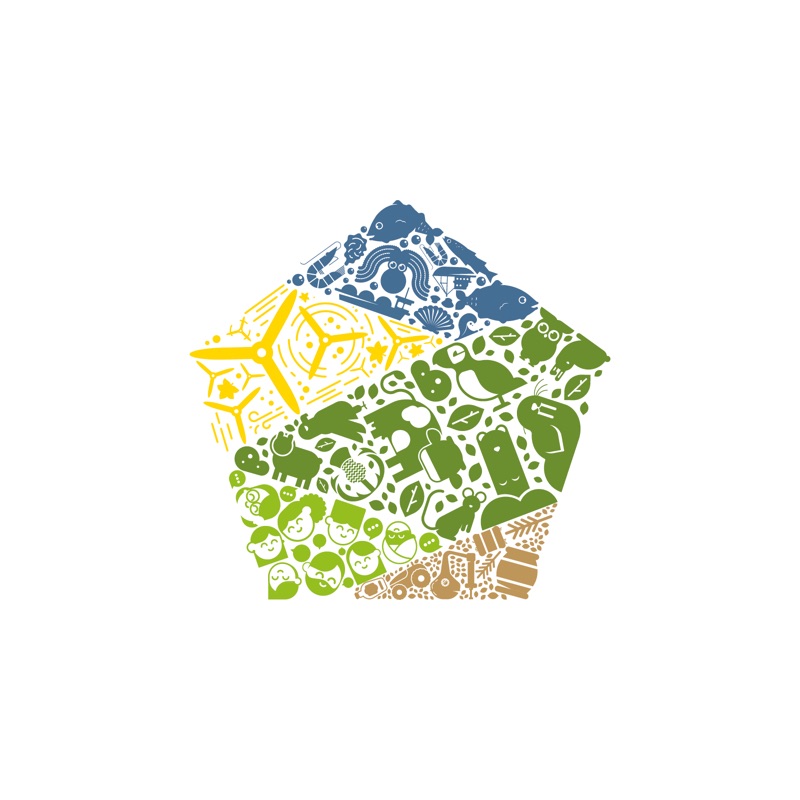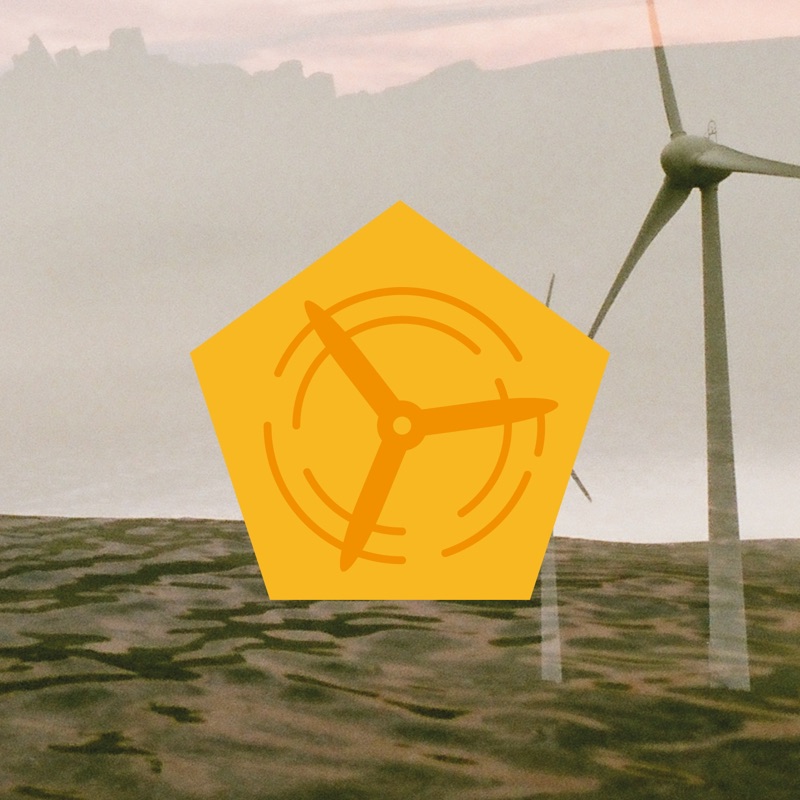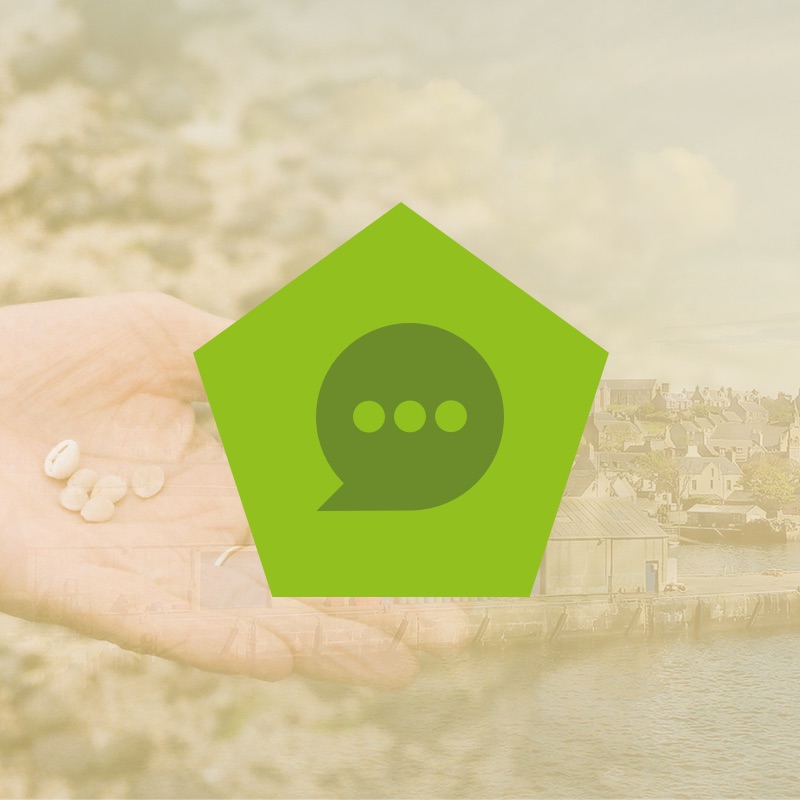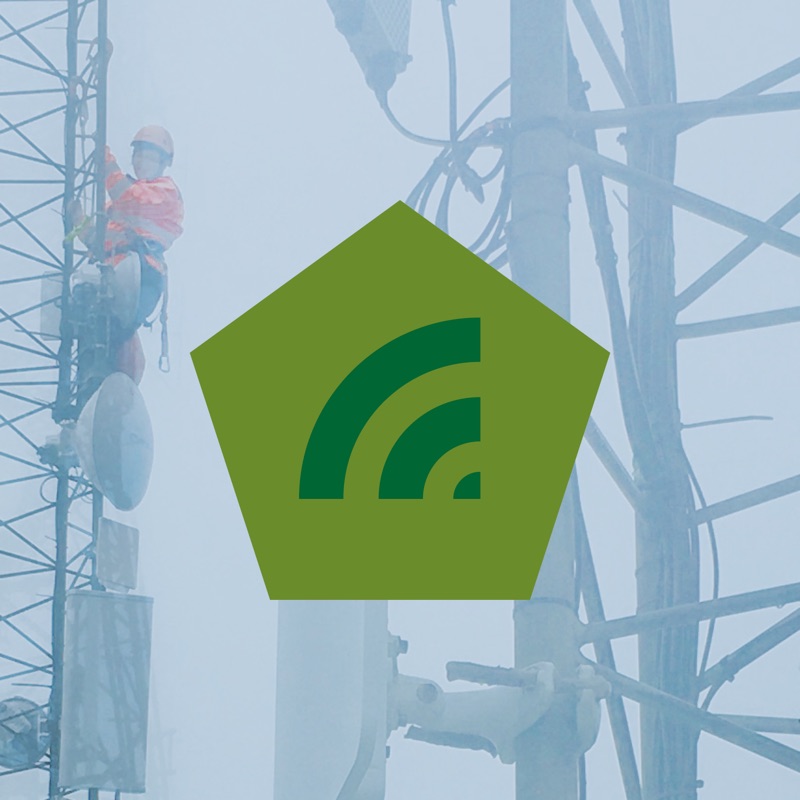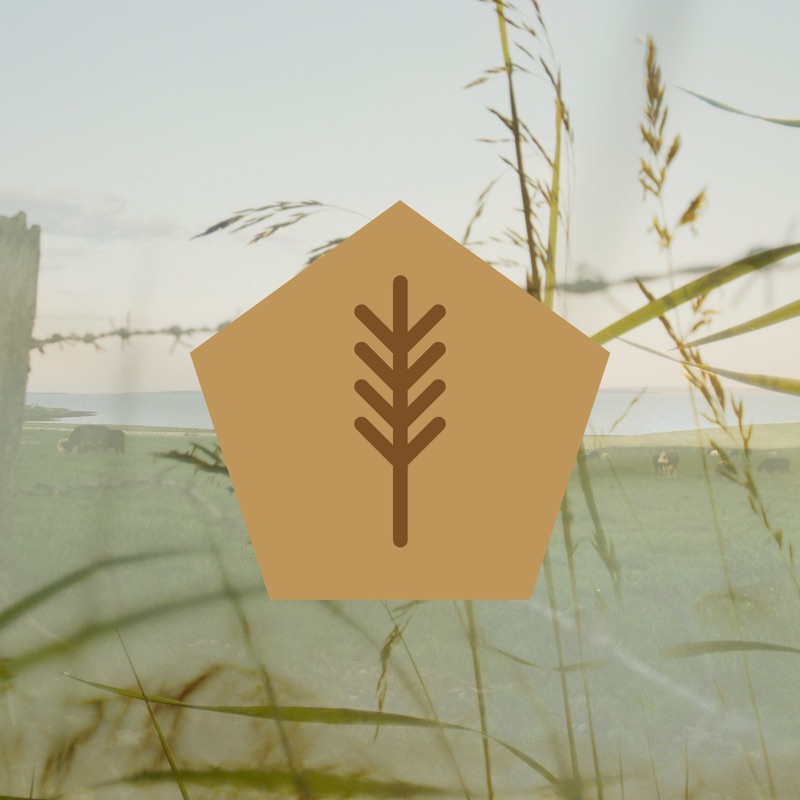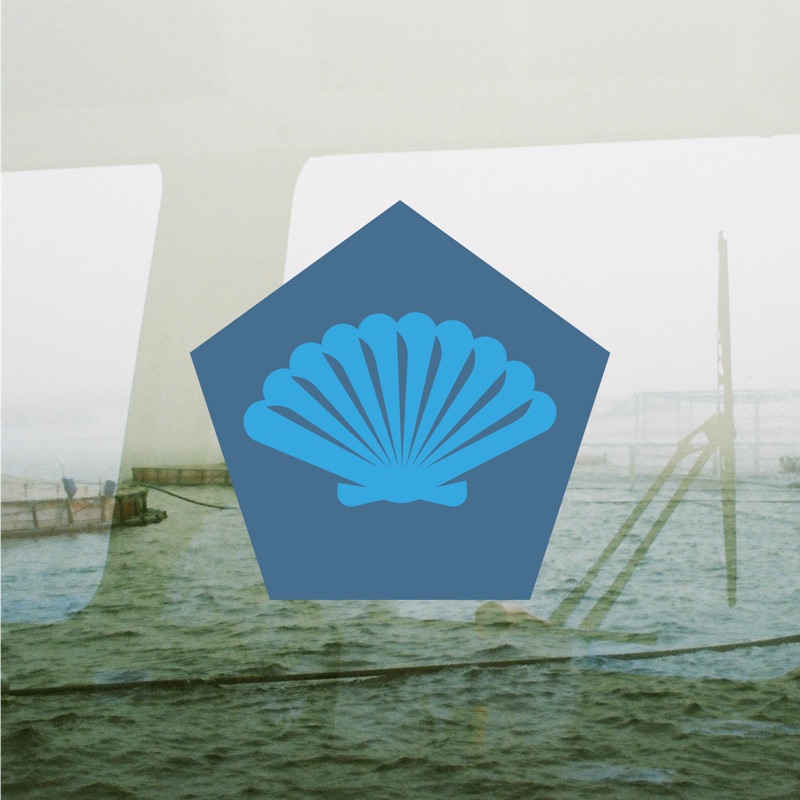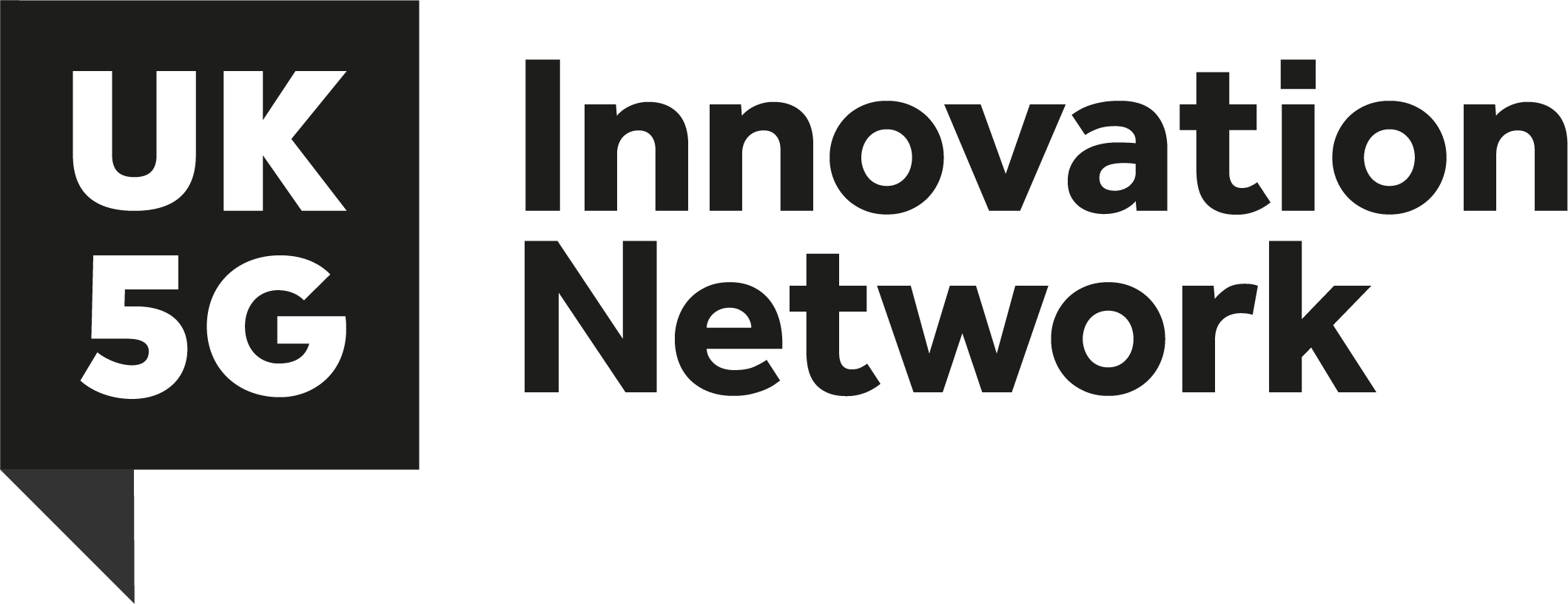
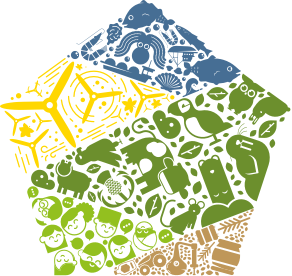
5G RuralFirst is the most ambitious rural testbed within the UK government's six 5G trials.
It brings together 30 different partners from across the public and private sectors to explore different aspects of 5G in some of the UK’s most remote, challenging environments.
Our project has identified and overcome some of the unique challenges associated with rolling out a 5G network. We've pioneered spectrum sharing technology and industrial Internet of Things applications. All with the goal of proving what's possible when you look beyond the city.
And now, working with Orkney-native composer Erland Cooper, we've brought together the core elements of our project and some of what makes this remote archipelago so special.
To achieve this, we took the land, sea, air, connectivity, and community as inspiration, incorporated field recordings made at our use case sites around Orkney, invited the local community to submit their own recorded sounds, and planted remote, 5G-enabled microphones around the islands that send a live audio stream of Orkney directly to Erland's London studio.
This is a sonic portrait of Orkney, woven from the untapped potential of our rural areas.
This is Tapestry – the sound of a 5G Orkney.
Air
In a world still dependent on burning fossil fuels, Orcadians look to the skies for power.
You’ll see wind turbines wherever you go in Orkney. They provide energy to homes, villages, towns, and businesses.
In fact, between its wind and marine energy resources, Orkney generates more power than its people need.
In the face of this abundance, the islands’ famously resourceful people have begun putting their windfarms to use in other innovative ways.
Installing internet-connected weather sensors on masts at turbine sites allows the windfarms to be run more efficiently. And being up high makes it easier to bounce 5G signals from island to island too – helping connect isolated communities for the very first time.
Community
Burray, to the east of Scapa Flow, is known for its proximity to the Italian Chapel at Lamb Holm and the wrecked ships that skirt the Churchill Barriers. Less so for its internet speeds.
Residents here and in other ‘not spots’ around Orkney hold the undesirable title of being some of the worst connected people in the UK.
But that’s changing. The introduction of 5G is bringing communities online – in some cases for the very first time. And new possibilities are opening up in the process.
Better connectivity has the potential to transform how public services are delivered – from bin collections, to providing healthcare and education to people living on Orkney’s outer islands.
This place, already known for its firm community ties, will soon be more strongly connected than ever.
Connectivity
Orkney's not a place you forget easily. Which is probably why so many people who visit end up returning.
Whether on a cruise ship, driving off the ferry, or touching down onto the tarmac at Kirkwall airport, new arrivals to the islands find themselves in an environment unlike any they’ve visited before.
Many people come to disconnect. But for those who want to go beyond and discover more, this lack of connectivity can be a hindrance.
Boosting access via 5G allows visitors to explore more of this unique place away from the beaten track.
And as more people flock to the islands each year, those responsible for managing their movements can benefit from greater insights into where the most popular spots are, and how people are reaching them too.
Land
Whisky. Some say it runs thicker than blood.
In Orkney, it’s been a way of life for more than 100 years: providing work, culture, and a warm sensation running down the back of your throat since as a long ago as 1885.
It’s rooted in the land and the barley it’s ground from. And taking a dram, wherever you are, transports you to that crop of rock in the Pentland Firth from whence it came.
Today, Scotland’s national tipple is tasted the world over – and is the UK’s biggest food and drink export. It’s big business. But still rural at its core.
In Orkney, master artisans have passed down traditional methods from generation to generation. They’ve blended old distilling processes with new technology to create a staple of the region.
And improved connectivity is helping distillers bring their practices forward to a new audience, and share their unique, consistent spirit with the world beyond the islands.
Sea
Island folk have a unique connection with the waters that surround them. Orcadians are no different.
For many, the seas are where their livelihood comes from. After whisky, salmon is the UK’s second biggest food and drink export.
Salmon raised off the Orkney shores make their way onto plates all over the world, but only after being nurtured by fishermen with centuries of shared experience between them.
In recent years, the process of taking these fish from small fry to full size has benefitted from a host of new technologies and connectivity that help keep track of their health and living conditions.
And remote, real-time, 5G-enabled monitoring of this precious resource from on land, 24 hours a day, means that even Orkney’s famous – nay, infamous – weather cycles won’t get in the way of a good yield.
